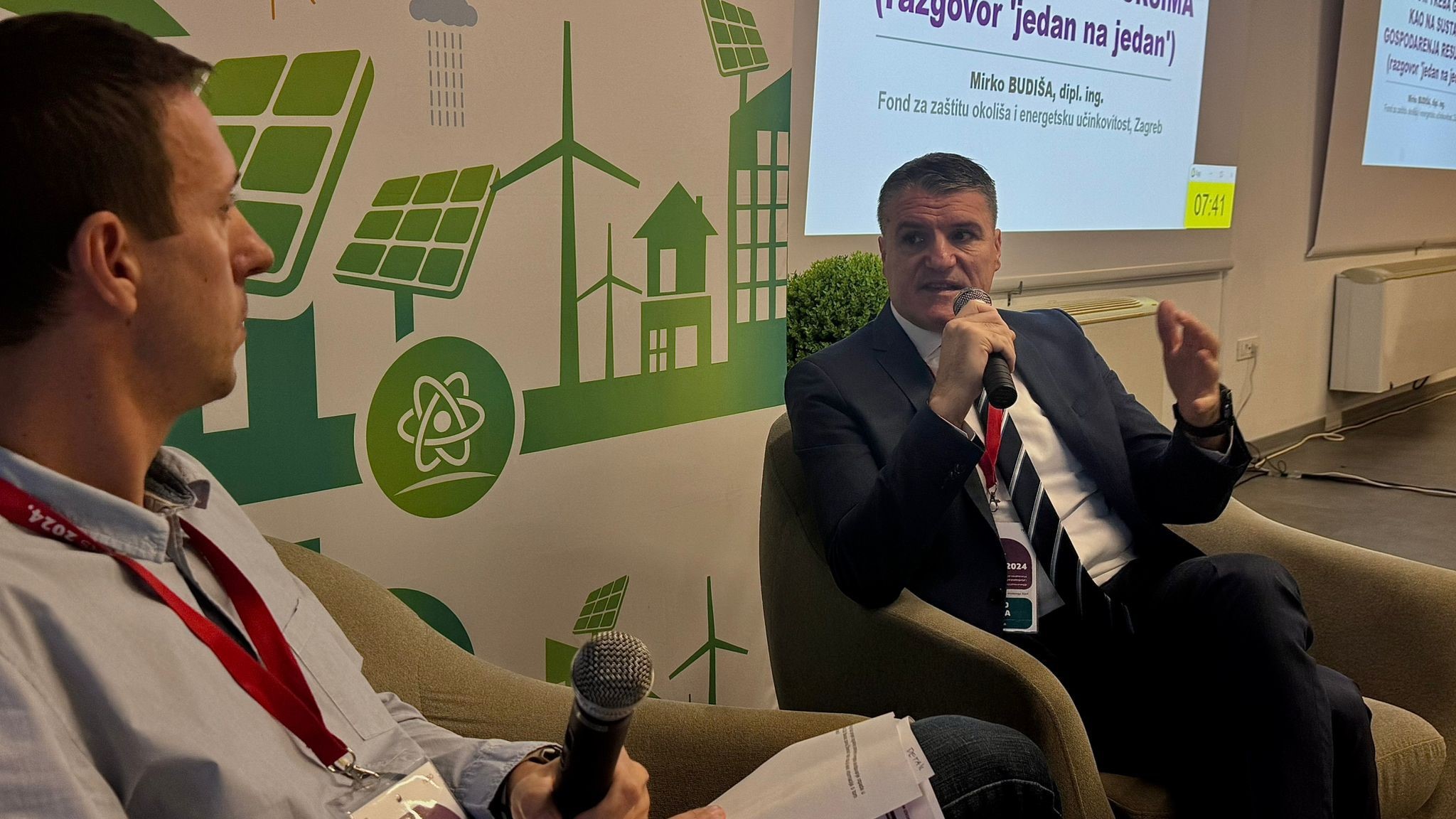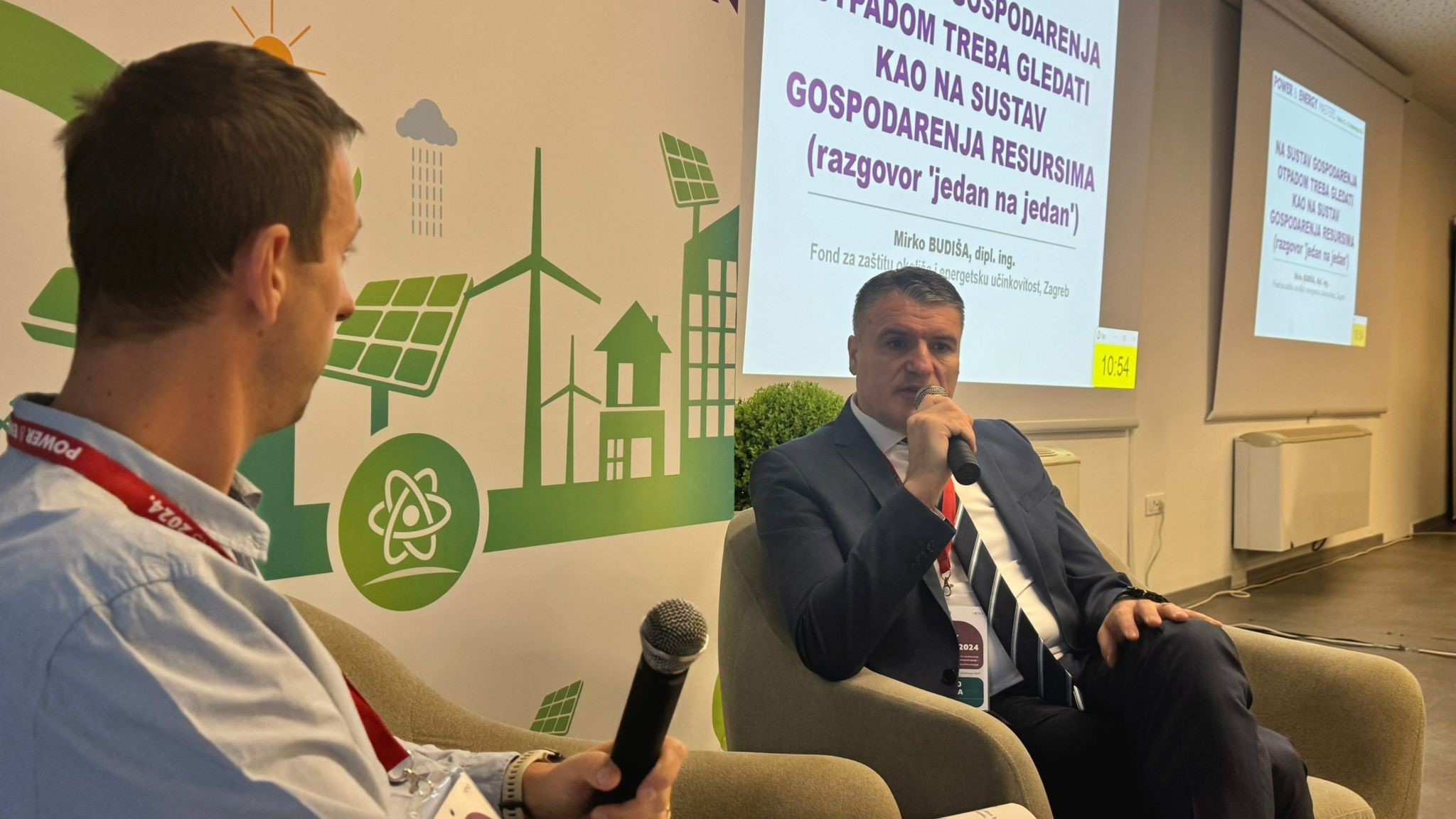Mirko Budiša, deputy director of the Environmental Protection and Energy Efficiency Fund, talked about the possibilities of energy recovery of waste at the Energy Master Forum organised by Energetika marketing.
„The future of waste management lies in a combination of waste prevention, reuse, recycling, and energy recovery of residual waste,” said Budiša. Developed European countries that are considered the epitome of waste management, such as Austria or Denmark, have waste-to-energy plants as part of a comprehensive waste management system. He believes that the public is now more accepting of these technologies because there is more information available, and in Europe there are around 500 facilities using residual waste as fuel. Croatia’s Waste management Plan envisages the construction of WtE plants once the waste is maximally used in material recovery. Budiša said it was logical for such plants to be part of waste management centres. In Croatia, 11 centres are planned, while WMC Bikarac in Šibenik is the first one to plan a WtE plant.
The Fund finances the preparation of project and technical documentation that will, among other things, determine the acceptability of the site for the construction of the plant, propose an acceptable solution that must be technically and operationally harmonised with the applicable regulations and best EU practices, and assess its economic and financial acceptability and sustainability.
"The City of Šibenik will also hold a session of the City Council where councillors will discuss this project with environmentalists. For such projects to be successfully implemented, a public dialogue is needed, which allows for a transparent presentation of the goals, environmental standards, safety measures and long-term benefits of the entire project. Public dialogue is an opportunity to hear counterarguments that do not necessarily act as a damper, but a kind of corrective agent that will contribute to an environmentally better variant of the entire project," said Budiša, adding that the delegation from Šibenik visited the WtE plant in Bolzano, which is similar in terms of location, capacity and technology to the one planned in Bikarac. There, waste is disposed of according to the highest environmental standards, which is extremely important because the inhabitants of this Italian region are engaged in tourism and agriculture activities in the vicinity of the plant.



